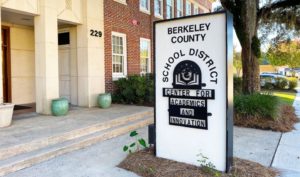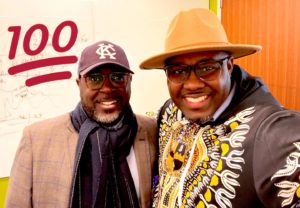South Carolina Ed Department affirms commitment to African American studies after canceling pilot program
South Carolina is facing criticism for rolling back its AP African American Studies course – but the backlash is severely exaggerated.
In a June 4 letter to local districts, the South Carolina…

South Carolina is facing criticism for rolling back its AP African American Studies course – but the backlash is severely exaggerated.
In a June 4 letter to local districts, the South Carolina Department of Education (SCDE) announced it would not be moving forward with an African American Studies AP Pilot program.
The letter cited “significant controversy surrounding the course” as well as the fact that all social studies programs are scheduled for a routine review.
“The SCDE has not approved any new statewide social studies courses, instead focusing efforts to ensure future course offerings are aligned both with the soon-to-be-updated standards and state law,” the announcement read.
“There is nothing preventing districts from continuing to offer AP African American Studies as a locally-approved honors course should they choose to do so, in addition to continuing to offer other approved African American courses as districts have already done for a number of years.”
Since the announcement, numerous civil rights groups have expressed outrage at SCDE’s decision.
“Leaving this to the local counties and everybody else to have it, that’s not fair,” said Reverend J.M. Flemming of the Greenville NAACP chapter. “We need our state to say that this is a vigorous part of our curriculum; we need it [to be] part of the curriculum for our students, not only blacks, but our white students as well.”
Even if the state did approve an AP African American Studies course, it would still be optional, since South Carolina doesn’t require AP credits to graduate.
And even though SCDE still allows districts to offer similar courses, some still viewed the announcement as an attack.
“Leaders in the South Carolina Department of Education are sending the message that the state does not want students learning their own history, with all its tragedies and triumphs,” claimed Josh Malkin, advocacy director of the state’s ACLU.
However, SCDE said in its announcement it maintains an “unwavering commitment to teaching the factual historical experience of African Americans,” citing projects such as the annual South Carolina African American History Calendar and state Superintendent Ellen Weaver’s student essay contest about Martin Luther King’s “I Have a Dream Speech.”



